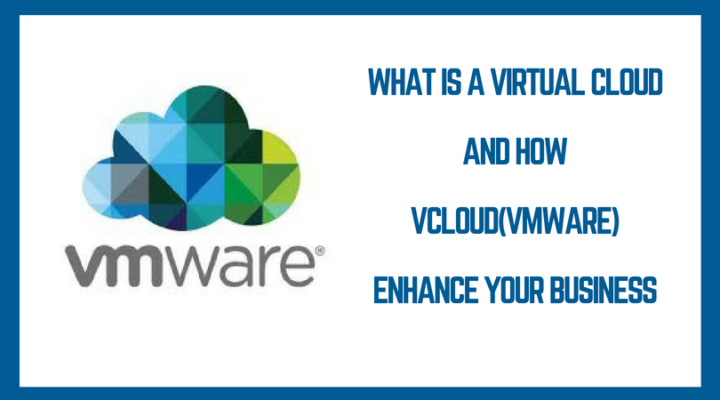
Virtual cloud
VCloud is a brand and product of VMware family. VMware VCloud service providers are third party company which offer infrastructure as service solutions. They run on VMware VCloud suite and allow you to take move on your existing VMware VSphere virtual machine to their infrastructure clouds. You can use it also the VMware Vcloud connector to connect your internal VSphere infrastructure with their VCloud data center.
How works with VCloud VMware
Software defined the network of future. Virtual private network is omnipresent software layer from data center to cloud to edge infrastructure which provides our business a secure. Before some time VMware have launched Virtual cloud Network, which you could purchase by VMware coupons at very minimal price. Through Virtual cloud you will be able to create end to end software based network architecture that deliver services to applications and data, at their location.
How VMware VCloud enhance a business
VMware VCloud initiates –Open, Flexible cloud computing
It initiates to the industry anew platform for cloud computing. The VCloud brings together application, flexible infrastructure, service provider ecosystem and VCloud technologies to make enable a broad array of new services.
Move it when you want-
VMware VCloud makes possible to move applications and entire virtual machine from data center into the cloud and back seamlessly. New common VCloud services based on standard APIs enable the basic objects of the virtual datacenter, as virtual machines, Vapps and appliances to migrate between parties. It manages the mobility and expectations of how virtual machines will function as a resources which gives to customers confidence, although resources are off site and still have in control.
Performance-
88% of businesses which are working with VMware always delivered high performance solutions. Virtualization improves capacity utilization on servers so it i9s also a performance implications. VMware VCloud has developed technologies to maintain and enhance performance.
Reliability-
When an IT team works on infrastructure platform like visualization, count to be technology is stable and dependable 27/7. 92% of businesses have accepted, VMware is a reliable virtualization vendor, compared to 59% for the next closest competitors which are using others..
Market leadership-
Among business in the Management insight study, businesses which have cited VMware for its leadership is in innovation. VMware have tremendous head starter in the market. It is clearly an ahead in understanding the market and in product strategies.
Conclusion- VMware VCloud offers strong business benefits
Virtual network runs more efficiently and lower operational costs, having automating network infrastructure functions. It improved service and reduce cost. By manage a virtual infrastructure; IT professional can get flexibility in systems and applications. It has more time to help develop and drive key strategic initiatives for your business. VMware VCloud is a clear leader in virtualization world for all sizes business by offering proven solutions to increase your company’s profit, robustness and responsiveness.

